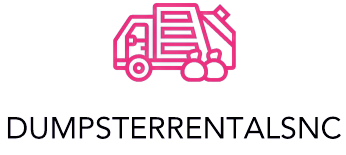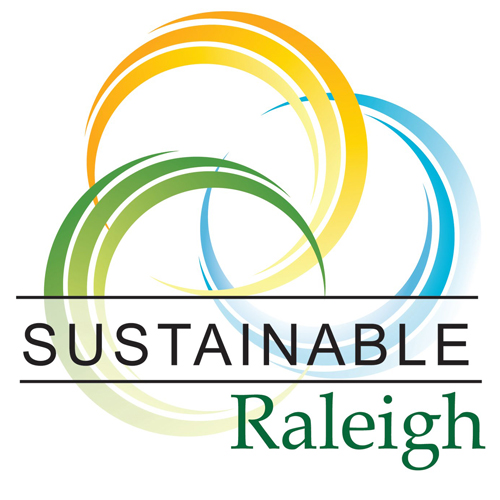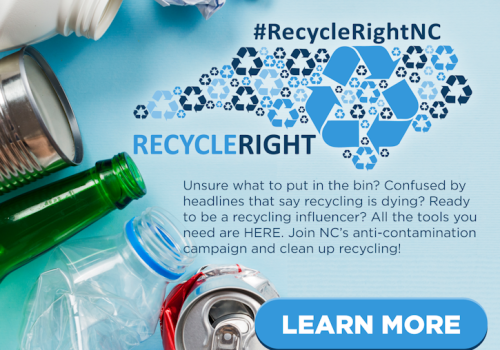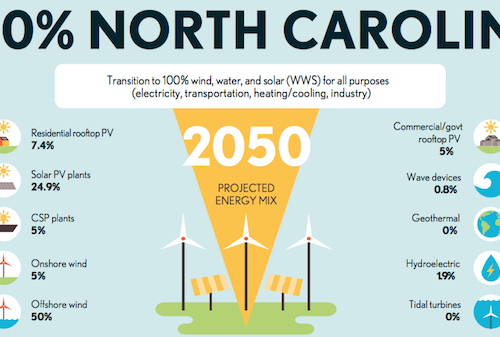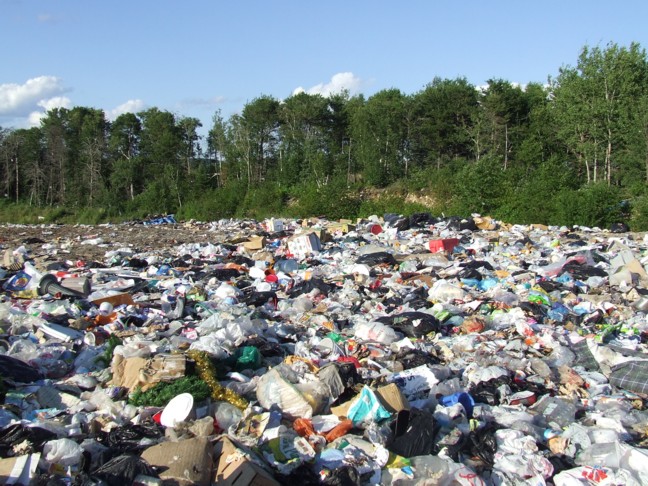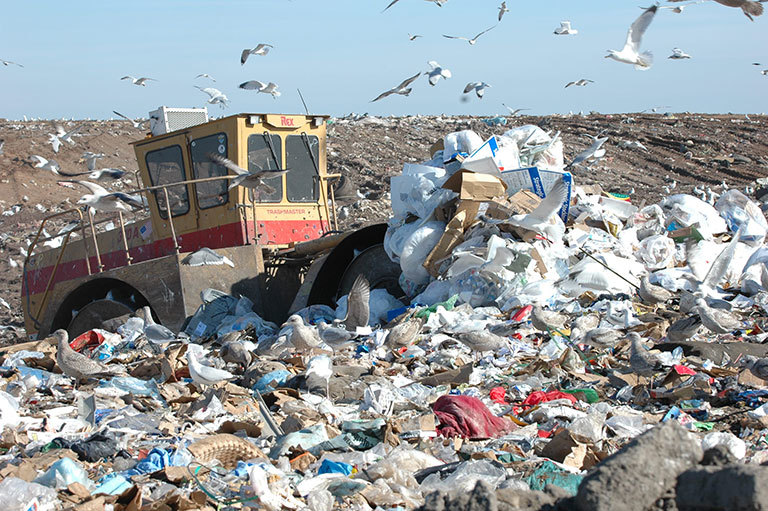The waste management situation in Raleigh
Deliberating Future Waste Management Expectations
As the global population continues to grow and consumerism expands, waste management has become an increasingly critical issue. The way we handle and dispose of waste has a profound impact on the environment, human health, and resource sustainability. Deliberating future waste management expectations is crucial to address the challenges of waste generation, resource depletion, pollution, and climate change. In this article, we will explore some key areas that require attention and consideration for effective waste management in the future.
Circular Economy Approach: The concept of a circular economy has gained momentum as a sustainable alternative to the traditional linear “take-make-dispose” model. In a circular economy, waste is minimized, and materials are continuously recycled, reused, or repurposed. Deliberating future waste management expectations involves transitioning from a linear to a circular economy, where waste is viewed as a valuable resource. This approach requires designing products for durability and recyclability, promoting recycling and resource recovery infrastructure, and fostering collaboration between industries, governments, and consumers to create a closed-loop system.
Waste Reduction and Prevention: The most effective way to manage waste is to reduce its generation in the first place. Waste reduction and prevention strategies play a vital role in future waste management expectations. This includes promoting sustainable consumption patterns, encouraging product design that minimizes waste generation, and implementing policies that discourage single-use items and promote reusable alternatives. Public awareness campaigns and education on waste reduction can empower individuals to make informed choices and adopt sustainable behaviors.
Advanced Sorting and Recycling Technologies: Advancements in technology offer opportunities to enhance waste sorting and recycling processes. Automated sorting systems, robotics, artificial intelligence, and machine learning can improve the efficiency and accuracy of waste sorting, enabling higher recycling rates and better resource recovery. Deliberating future waste management expectations should involve investing in research and development of advanced technologies, supporting innovation in recycling infrastructure, and creating incentives for the adoption of new sorting and recycling techniques.
Integrated Waste Management Systems: Future waste management expectations require the development of integrated waste management systems that address all stages of waste management, from generation to final disposal. This includes waste collection, segregation, recycling, composting, waste-to-energy conversion, and safe disposal of residual waste. Integrated waste management systems consider the specific needs and characteristics of each locality, incorporating a combination of strategies to optimize waste management practices and minimize environmental impact.
Collaboration and Stakeholder Engagement: Effective waste management requires collaboration and engagement among stakeholders, including governments, businesses, communities, and individuals. Deliberating future waste management expectations should involve fostering partnerships between these stakeholders to develop and implement waste management strategies. Collaboration can lead to improved waste infrastructure, better collection and recycling systems, and shared responsibility for waste reduction and recycling goals.
Embracing Innovation: Embracing innovation is essential for future waste management expectations. This includes exploring emerging technologies and sustainable practices such as waste-to-energy conversion, chemical recycling, bioplastics, and compostable materials. Encouraging research and development in waste management innovation can drive advancements and help find novel solutions to complex waste management challenges.
Policy and Regulation: Strong policies and regulations play a crucial role in shaping waste management practices. Deliberating future waste management expectations involves reviewing and updating existing waste management policies to align with sustainable development goals. Policies can focus on waste reduction targets, extended producer responsibility, landfill diversion, and promoting sustainable practices. Effective implementation and enforcement of regulations ensure compliance and foster a culture of responsible waste management.
Public Participation and Education: Engaging the public and promoting waste literacy are essential aspects of future waste management expectations. Public participation encourages behavioral change, responsible waste disposal, and active involvement in waste reduction initiatives. Education campaigns can increase awareness about the environmental and health impacts of waste, as well as teach proper waste sorting and disposal practices.
Recycling Initiatives by the City of Raleigh, NC
The city of Raleigh, North Carolina, is committed to promoting recycling and waste reduction to create a sustainable and environmentally friendly community. With a focus on education, infrastructure development, and community engagement, Raleigh has implemented several recycling initiatives to encourage residents and businesses to participate actively in recycling efforts. Here are some key recycling initiatives undertaken by the city of Raleigh:
Comprehensive Recycling Program: Raleigh has established a comprehensive recycling program that encompasses residential, commercial, and multi-family recycling. The city provides curbside recycling collection services to residents, allowing them to conveniently recycle a wide range of materials, including paper, cardboard, glass, plastic, and metal. The program is designed to make recycling accessible and straightforward for residents, promoting recycling as a daily habit.
Recycling Education and Outreach: The city of Raleigh emphasizes recycling education and outreach to raise awareness and promote responsible recycling practices. The Solid Waste Services department conducts educational campaigns and provides resources to educate residents about proper sorting and disposal of recyclable materials. These efforts include distributing recycling guides, organizing workshops and events, and engaging with schools, businesses, and community organizations to foster a culture of recycling.
Drop-Off Recycling Centers: In addition to curbside recycling, Raleigh operates several drop-off recycling centers throughout the city. These centers provide convenient locations where residents can drop off recyclable materials that may not be accepted through curbside collection. The centers accept items such as plastic bags, batteries, electronics, and household hazardous waste, ensuring that these materials are properly recycled or disposed of.
Yard Waste Recycling: Raleigh has implemented a yard waste recycling program to divert organic waste from landfills. Residents can separate yard waste, such as grass clippings, leaves, and tree branches, and place them in designated bins for collection. The collected yard waste is then processed into mulch, compost, or other beneficial materials that can be used for landscaping or sold to the public.
Business Recycling Support: The city of Raleigh recognizes the importance of engaging businesses in recycling efforts. The Solid Waste Services department offers resources and assistance to businesses to help them establish effective recycling programs. This support includes providing guidance on waste reduction, recycling best practices, and assistance with setting up recycling infrastructure within commercial establishments.
Electronics Recycling: Raleigh promotes responsible disposal of electronic waste (e-waste) through its electronics recycling program. The city hosts periodic e-waste collection events where residents can drop off old or unwanted electronics for proper recycling. Raleigh encourages residents to recycle e-waste to prevent hazardous materials from entering landfills and to recover valuable resources found in electronic devices.
Public Space Recycling: To encourage recycling in public spaces, Raleigh has installed recycling bins throughout parks, trails, and other outdoor areas. These bins are strategically placed to provide convenient options for residents and visitors to dispose of recyclable materials while enjoying the city’s recreational areas. Public space recycling helps minimize litter and encourages responsible waste management practices.
Sustainable Raleigh: Sustainable Raleigh is a city-wide initiative that encompasses various sustainability efforts, including recycling and waste reduction. The initiative aims to create a sustainable and resilient community by addressing environmental, economic, and social challenges. Recycling plays a vital role in achieving the sustainability goals outlined by Sustainable Raleigh, reinforcing the city’s commitment to environmental stewardship.
In conclusion, the city of Raleigh has implemented several recycling initiatives to promote waste reduction, recycling, and responsible disposal practices. The comprehensive recycling program, educational outreach, drop-off recycling centers, yard waste recycling, and support for businesses all contribute to creating a culture of recycling in the community. Raleigh’s commitment to sustainability and environmental stewardship through these initiatives serves as a model for other cities striving to enhance their recycling and waste management efforts.
References
- https://raleighnc.gov/sustainability
- https://www.visitraleigh.com/meetings-and-conventions/why-raleigh-nc/sustainable-meetings/
- https://dumpsterrentalraleighnc.net/
- https://www.dumpsterrentalnc.org/rock-hill-junk-disposal-solutions/
- https://www.dumpsterrentalnc.org/the-benefits-of-a-dumpster-rental-in-north-carolina/
